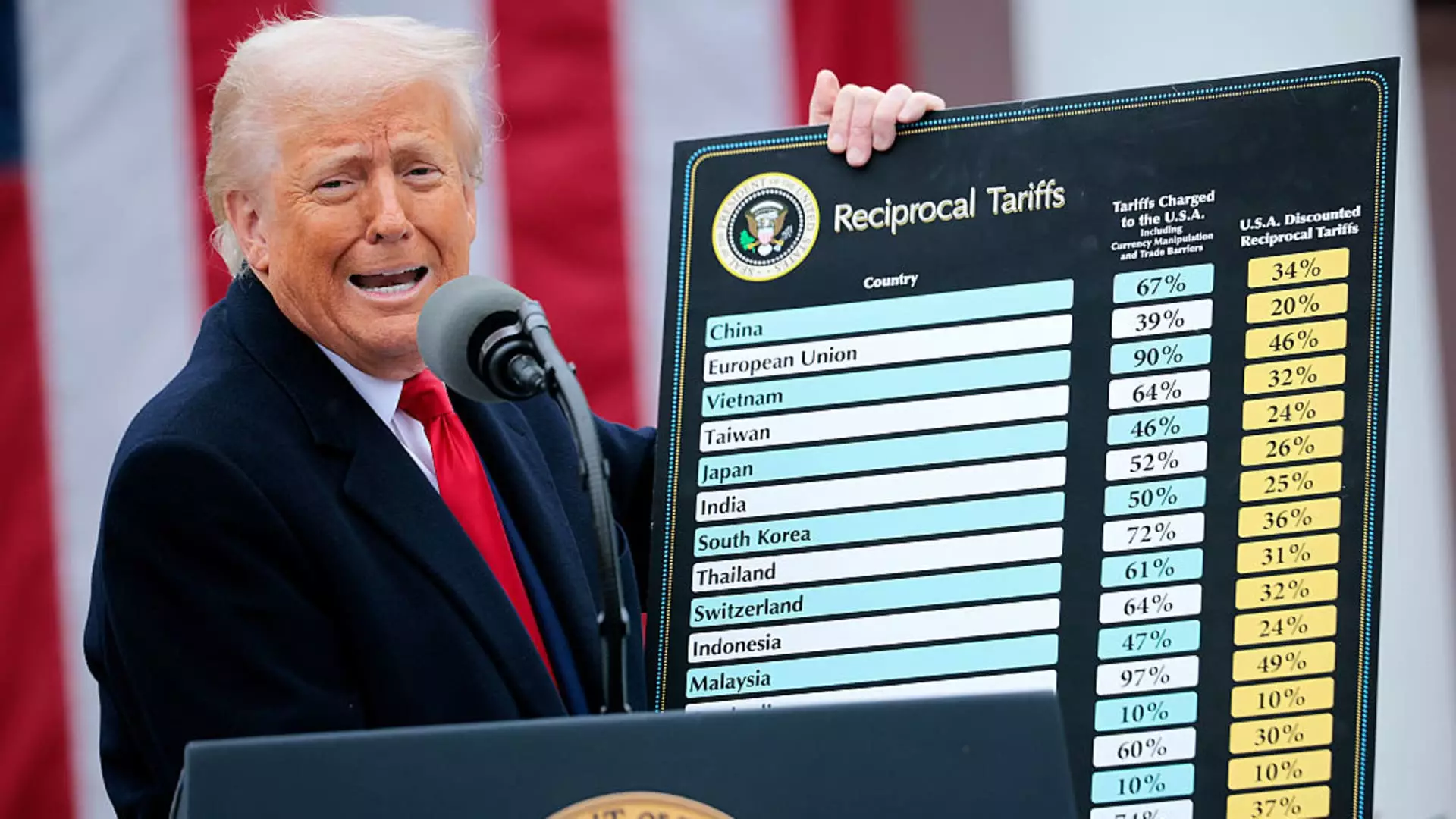In a striking legal decision, a federal court has delivered a powerful rebuke to President Donald Trump’s tariff agenda, asserting that his use of reciprocal tariffs breached the authority granted to him under the International Emergency Economic Powers Act (IEEPA) of 1977. This ruling represents more than just a setback for the current administration; it signals a potential turning point in the struggle for checks and balances in U.S. governance. By declaring Trump’s tariff orders “unlawful,” the judges have reaffirmed the principle that economic policies should be rooted in legitimate, explicit legislative authority as opposed to sweeping executive decrees.
The court meticulously dissected Trump’s rationale for the tariffs, which he claimed were vital for protecting national interests. However, the judges concluded that the tariffs imposed were not responsive to specific threats outlined in the levies. Instead, they appeared reactive and politically motivated—tools not of sound economic policy, but of a president trying to galvanize his base through bombastic claims of patriotism and protectionism. This ruling compels us to reevaluate the implications of such unilateral actions by the highest office in the land and their potential to destabilize both local economies and international trade relations.
A Double-Edged Sword: The Impact on American Businesses
The legal challenge arose from concerns voiced by five U.S. businesses reliant on imports, illustrating a nuanced and often overlooked aspect of Trump’s tariff strategy. These tariffs, dressed up as a defense against foreign trade practices, actually threaten to alienate the very businesses they were purported to protect. By imposing such sweeping duties, Trump’s administration risks suffocating the lifeblood of American commerce, causing unnecessary strain for businesses that depend on a functioning global supply chain.
It raises a vital question: who truly benefits from such tariffs? The answer seems to pivot on political expediency rather than economic sensibility. This moment underscores the divisive nature of protectionist policies: they can rally support among a certain demographic but simultaneously dismantle the operational fabric of small and medium-sized enterprises across the nation. A swift caveat exists here: while some may cheer the prospect of American goods being produced unshackled from foreign influence, the reality is that this approach often backfires—leading to increased prices for consumers and hampered growth for businesses.
Political Fallout: A Moment for Reflection
While Trump retains the option to appeal the ruling, the circumstances invite serious contemplation of his broader economic philosophy. His approach thus far has embraced an aggressive economic nationalism that, rather than fostering robust growth and innovation, has fostered uncertainty and volatility. The ruling shines a light on the limits of populist economic strategies couched in inflated rhetoric about America’s potential to be ‘great again’.
This judicial decision serves as a reminder that governance should be about more than soundbites and media spectacles—it must be grounded in a commitment to equitable and just economic practices. The reality of U.S. economic policy requires, above all, collaboration, foresight, and a respect for established statutes meant to safeguard against executive overreach. The judiciary here has stood firm, and its action could unfold into a series of challenges against economic policies that are more emblematic of a strategy built around ego than effective governance.

